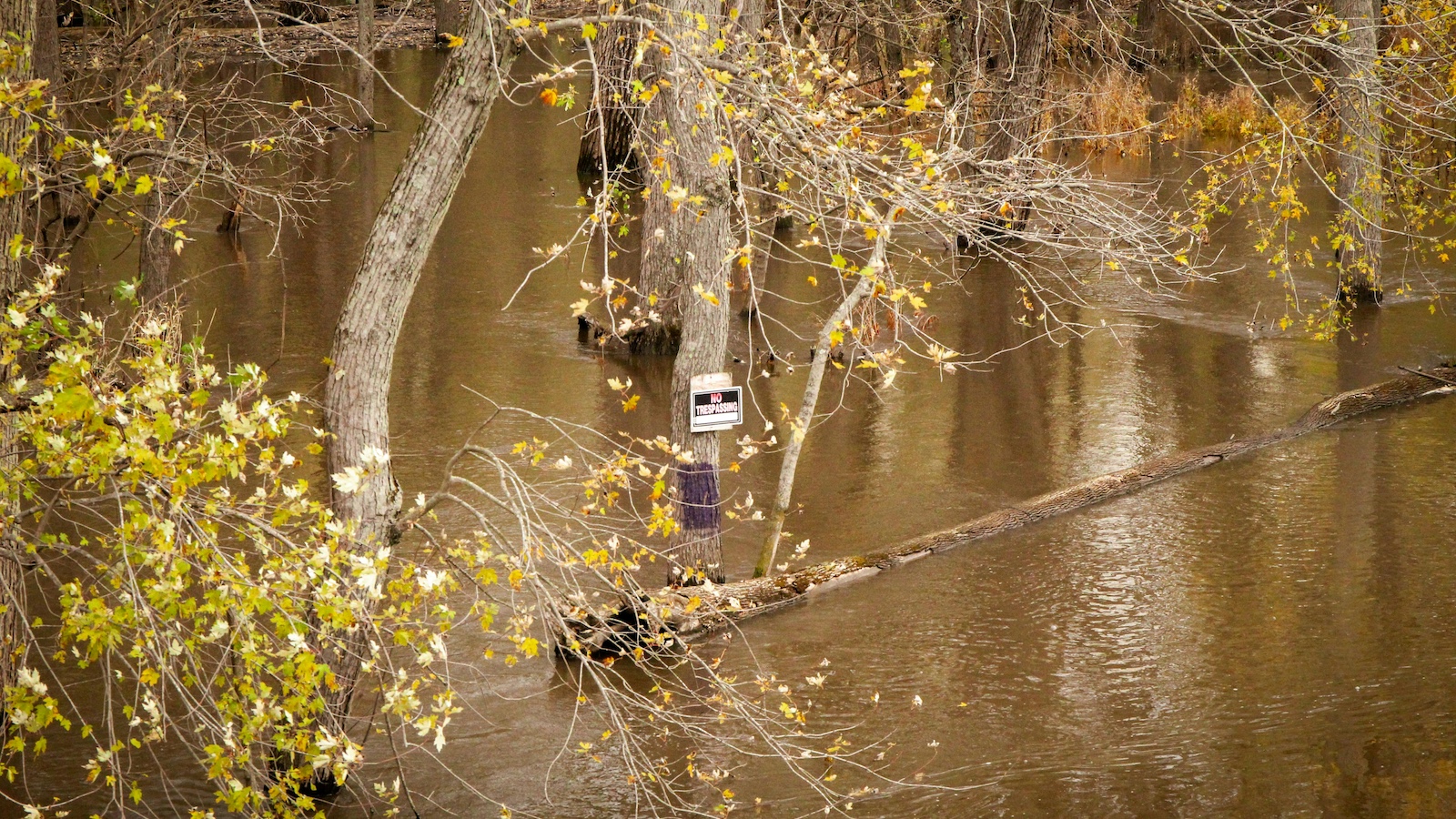“The rest, in swarms, will overrun the boat deck
They'll lose all sense of right and wrong
It will be every man for himself, all right!
The weak thrown in with the strong!”
Titanic, A New Musical (1997)
On April 30, 2018, the California Supreme Court issued its opinion in Dynamex Operations West, Inc. v. Superior Court (2018), 4 Cal. 5th 903. The court filled a void, in its view, of how to determine whether someone was an employee subject to wage orders of the Industrial Accident Commission.
Even before the ink fully dried on this monumental opinion, the California legislature sprang into action. Assembly Bill 5 (Gonzalez) was introduced on Dec. 3, 2018, to codify this new rule of law and to expand its “ABC test” to unemployment and workers’ compensation. From that effort then sprang a comical – or tragic, depending on your point of view – effort by a multitude of businesses to gain a reprieve from the ABC test, which was adopted by the court without legislative blessing, or even at the urging of the parties in the litigation, in an effort to curb the abuses of misclassification of workers as independent contractors.
AB 5 granted various forms of absolution to a multitude of businesses. Some achieved an appropriate complete exemption from the now-codified ABC test. Others are now compelled to go through various requirements to achieve dispensation, some requirements either being hopelessly ambiguous or impossible (or meaningless) to comply with. Still others were left outside the cathedral doors (also known as the Capitol in Sacramento) in hopes that their petitions for relief would be heard.
The ABC test as codified and amplified by AB 5, now Labor Code § 2750.3, is a complicated set of outright exemptions, quasi-exemptions and – as was seen with the case of various freelance artists and writers – exemptions that were illusory in the face of the reality of such work. The freelancers began an aggressive campaign last fall to get the law changed in 2020. In some respects, their efforts are succeeding.
When the legislature returned in 2020, there were dozens of bills introduced to delay, modify or outright repeal AB 5. Most were by Republican authors, and most were never heard in policy committees: the Assembly Labor and Employment Committee or the Senate Labor, Public Employment and Retirement Committee. Today, changes to AB 5 will have to come from two bills by the same author, Assemblymember Lorena Gonzalez (D- Dan Diego), who is also the author of AB 5. The first bill is Assembly Bill 1850 (Gonzalez), the second Assembly Bill 2257 (Gonzalez). Both bills are moving in the legislative process. AB 2257 specifically deals with the issues raised by freelancers. According to the analysis in the Assembly Labor and Employment Committee, California Freelance Writers United supports the measure, as do many others in the art, music and content-creation industries who use freelance workers. And, per the analysis by the Assembly Labor and Employment Committee, Assemblymember Gonzalez intends to add an urgency clause to AB 2257, meaning that it would become effective on signature by the governor and not upon Jan. 1, 2021. And so, freelancers achieved their objective.
AB 1850 includes the same language as AB 2257, at least for the moment. It also contains much more. This includes rewriting and reorganizing Labor Code § 2750.3 and adding still more exemptions from the ABC test.
As proposed in AB 1850, there are nearly 50 occupations or business relationships that are not subject to the ABC test in Labor Code § 2750.3. Some of these exemptions are based on occupations, some on occupations provided that certain criteria are met and some on business-to-business or referral agency relationships. Many of these exemptions will require a careful analysis by a business if they are to be sure of passing muster with the labor commissioner, the Employment Development Department (EDD) and workers’ compensation insurance company premium auditors. The exemptions, in one form or another, maintain the venerable multi-factor test in S. G. Borello & Sons, Inc. v. Department of Industrial Relations (1989) 48 Cal.3d 341 or, in the case of occupations where the legislature augmented this standard, what is now called “Borello +.”
See also: How to Lead and Collaborate in Claims
The business-to-business exemption remains inscrutable and should particularly cause persons involved in a franchise relationship great concern even as the applicability of Dynamex to franchises remains the subject of significant litigation. The problem remains that, while the relationship between a worker and a business service provider is governed by the ABC test, the statutory language in Labor Code § 2750.3 refers to the degree of control of the contracting business over the business service provider and not the employees of the business service provider. This seemingly obvious distinction was not clarified by the Sept. 13, 2019, letter from Assemblymember Gonzalez to the Assembly clerk trying to explain on the one hand whether a business service provider was an employee of the contracting business while also stating that nothing in AB 5 was intended to change the laws relating to joint employment.
The claimed abuses of application-based drivers and service providers have frequently been cited as the raison d’être for AB 5. There is a battle in the California courts over the classification status of workers in the digital marketplace. Most recently, on May 5, 2020, in People of the State of California v. Uber Technologies, San Francisco County Superior Court No. CGC20584402, California Attorney General Javier Becerra and several city attorneys stated:
“But rather than own up to their legal responsibilities, Uber and Lyft have worked relentlessly to find a work-around. They lobbied for an exemption to A.B. 5, but the legislature declined. They utilize driver contracts with mandatory arbitration and class action waiver provisions to stymie private enforcement of drivers’ rights. And now, even amid a once-in-a-century pandemic, they have gone to extraordinary lengths to convince the public that their unlawful misclassification scheme is in the public interest. Both companies have launched an aggressive public relations campaign in the hopes of enshrining their ability to mistreat their workers, all while peddling the lie that driver flexibility and worker protections are somehow legally incompatible.”
This lengthy polemic is another way of saying Uber and Lyft (among others) have gone and filed an initiative to deal with the classification issue. Well, shame on them.
On May 22, 2020, the initiative, “Protect App-Based Drivers and Services Act," became eligible for placement on the November 2020 ballot. If it is not withdrawn by June 25, the voters of California will decide whether app-based workers, such as those for Uber or Lyft, are employees or independent contractors. The issue, as you might assume, is clearly more complicated than that, given the various requirements in the initiative necessary to qualify for an exemption to the ABC test.
See also: 4 Key Changes to WC From COVID-19
It is safe to assume that the initiative polls very well with the public. It also is likely to pass.
So, by next year, the ABC test, “… whose objective is to create a simpler, clearer test for determining whether the worker is an employee or an independent contractor,” (Dynamex, 4 Cal. 5th 951, fn. 20) will have dozens of exemptions acquiesced to by the legislature and, likely, an exception that nearly overwhelms the rule should the initiative pass on app-based drivers and service providers.
Why are we doing this? It is an epic public policy failure to suggest the only distinction between an entrepreneurial worker and an exploited one is whether 21 senators, 41 Assembly members and one governor in Sacramento decide to issue a pass. It may be too late to reset the dialogue in California on this issue, between court challenges and, potentially, a successful ballot measure. It is not too late elsewhere, including in Congress.






